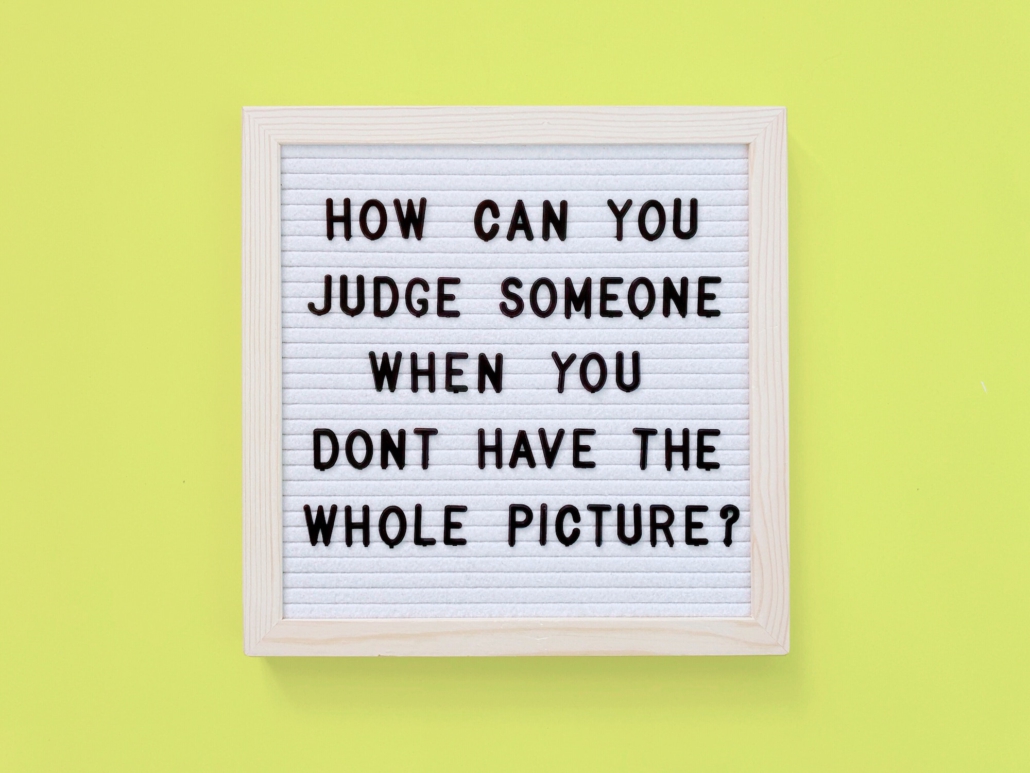LEGAL+ NEWS
Regardless of whether an ordinary letter, fax, e-mail etc. is used for the transmission of (contractual) declarations and/or documents, the respective receipt and/or content of the contractual declaration can always be disputed at the outset. Insofar as no special formal requirements – e-mail does not fulfill the written form! – the delivery of contractual declarations by e-mail is a practical means of transmission. The following should be noted:
Access by e-mail and proof thereof
A declaration by e-mail is deemed to have been received in business transactions if it reaches the recipient immediately after being sent.
The recipient must then take note of it during normal business hours, i.e. retrieve it from their mail server. If he does not do this, the mail is still deemed to have been received at the latest at the close of business. It is therefore sufficient for the recipient to retrieve it.
Briefly: When you send an e-mail, it is generally deemed to have been received on the same day, regardless of whether the recipient has read it.
However, the fact of receipt (retrievability) cannot be reliably proven solely by a “mere” receipt message of the mail protocol. The read confirmation function of the mail system, for example, can help here. If you have such a confirmation, it should be very difficult for your business partner to deny access. However:
What happens if the recipient answers NO to the mail system’s question: “Do you want to send a read confirmation”? This could lead to uncertainty. It is therefore better – if available in your mail program – to use the “Request delivery confirmation” function. In this case, the mail system will send you a confirmation itself. In my opinion, this “transmission confirmation” should generally provide successful proof in practice.
The delivery of contractual declarations by e-mail together with e-mail attachments
With regard to e-mail attachments, the above applies in principle. However, there tend to be a few uncertainties here, e.g. it could be claimed that the attachment was missing or could not be opened. It could also be claimed that the attachment was not opened “for security reasons” (risk of viruses etc.).
It is therefore advisable to include the main content of any attachments in the email itself. However, this is not absolutely necessary. In any case, you would expect the business partner to point this out if there are problems opening attachments.

Conclusion
Email is a practical way of sending (contractual) declarations and/or documents to a business partner. In sensitive cases, where access is particularly important and time-critical, the following tried and tested method of transmission should be used:
The declaration to be transmitted should be sent by post using the additional postal service “registered mail”. The postal official is then a witness that the letter has arrived in the letterbox, which is sufficient for effective receipt. In addition, the exact time of receipt can also be proven. In addition, the letter should have been posted in the presence of a witness. This also makes it possible to prove the contents of the envelope.

LATEST ARTICLES

On the bias of judges in civil proceedings: If judges do not read a party’s pleadings, this can justify a motion for recusal!
Following on from my overview article on the application for recusal pursuant to Section 42 ZPO, I would like to report on an interesting ruling by the Higher Regional Court of Karlsruhe. According to this ruling, a judge’s failure to read the pleadings submitted by a party can give rise to concerns of bias. In the case in question, a judge had overlooked an application for recusal directed against him, as he had forwarded the pleading containing it unread to the opposing party for comment. This violates the so-called duty to wait pursuant to Section 47 (1) ZPO, according to which only “official acts that cannot be postponed” are permitted from the filing of an application for recusal until it has been dealt with.

BGH on the legal consequences of thwarting evidence
In legal disputes, it often happens that one party makes it difficult for the opposing party to provide evidence. In these cases, the question then arises as to whether and, if so, with what legal consequences it can be assumed that evidence has been obstructed.

Guide to procedural law: Easier way to claim damages for exhaust gas manipulation – On the BGH ruling of June 26, 2023 (Ref. Via ZR 335/21)
This article attempts to classify and evaluate the current ruling of the Federal Court of Justice (BGH) of June 26, 2023 (Ref. Via ZR 335/21) on the subject of compensation for damages due to emissions manipulation by car manufacturers.
CONTACT

+49 (40) 57199 74 80
+49 (170) 1203 74 0
Neuer Wall 61 D-20354 Hamburg
kontakt@legal-plus.eu
Benefit from my active network!
I look forward to our networking.
This post is also available in: DE

